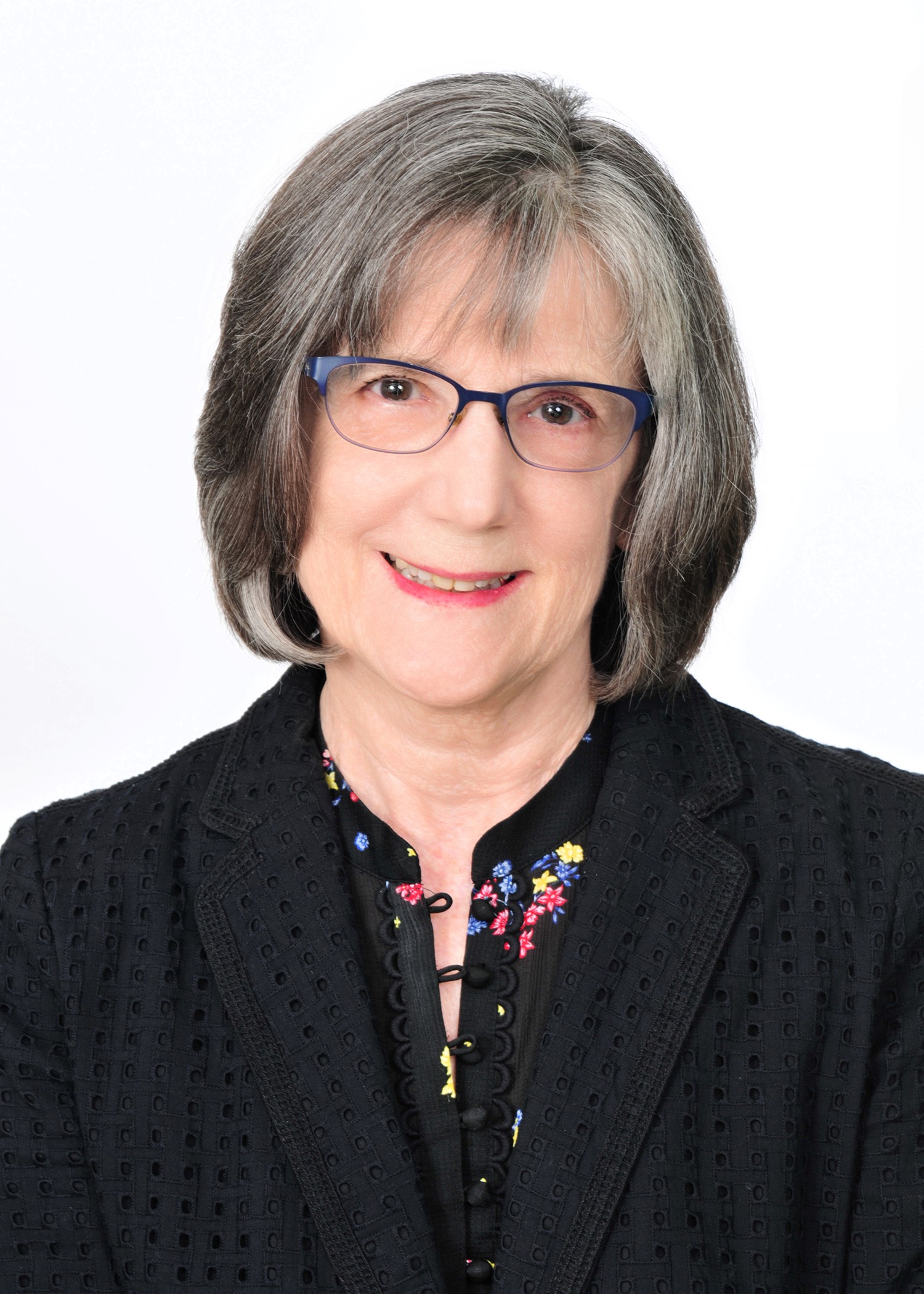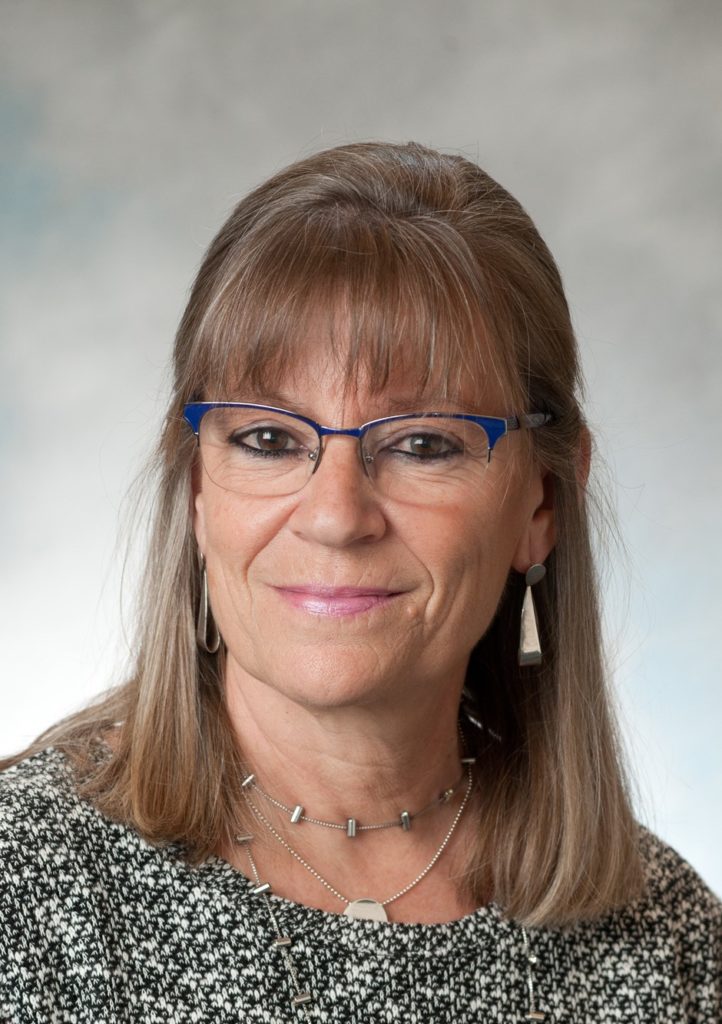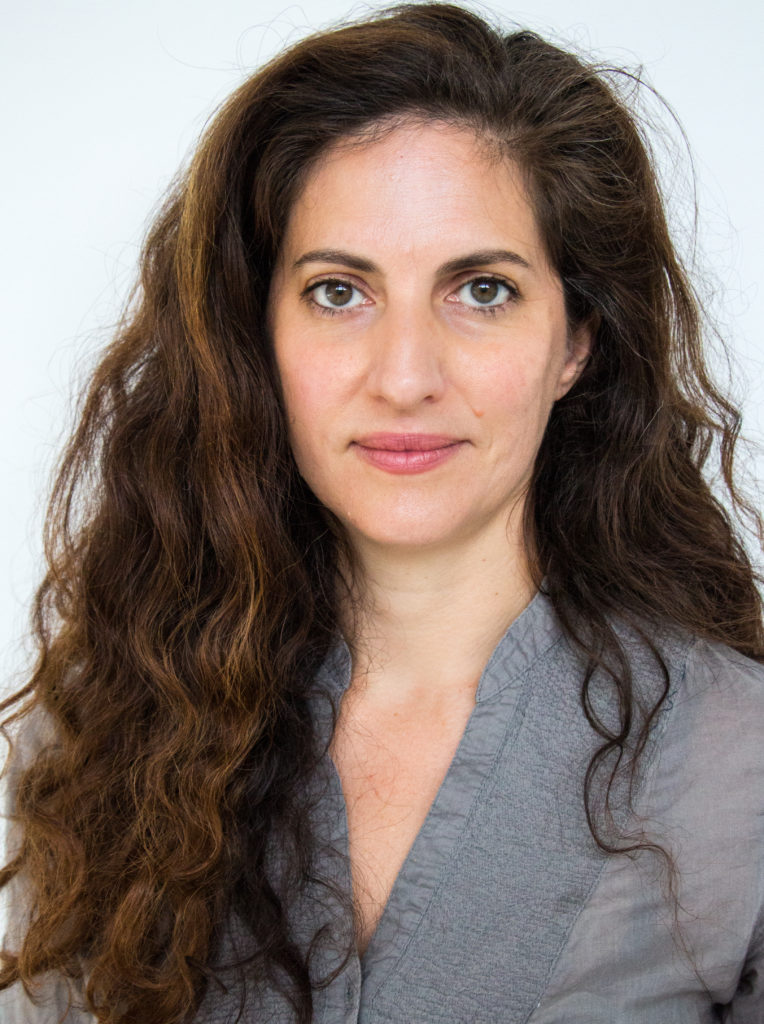2023 APS Board of Directors Election
Voting in the 2023 APS Board of Directors election has concluded and the results are in!
Randi Martin will begin her term as APS President-Elect in June 2023, and will be joined by new APS Board Members-at-Large Teresa Bajo and Lila Davachi, as they begin their three-year terms.
Thank you to all who stood for office and to all who cast a ballot! Thank you also to departing APS Past President Jennifer Eberhardt and departing Members-at-Large Seth Pollak and Janet F. Werker for their invaluable service to APS and the field.
APS President-Elect
Randi Martin
Rice University, USA

Randi Martin is the Elma Schneider Professor of Psychological Sciences and Director of the T. L. L. Temple Neuroplasticity Lab at Rice University. Her research has addressed basic issues related to the nature of working memory and its role in language comprehension and production, using behavioral and neural approaches. A recent interest is the functional and structural connectivity of brain networks supporting working memory. This work has been supported by NIH and the T. L. L. Temple Foundation. Her work has been acknowledged by a Claude Pepper Award from NIH and by an invited keynote address at the American Psychological Association’s 2022 annual meeting. A new direction is to examine socio-cultural influences on cognition, assessing the influence of immigration-related stress on working memory and language processing. She has also received support from NSF to support the collaborative work involved in founding Women in Cognitive Sciences and research on gender influences on letters of recommendation. Her past leadership roles include membership in the Executive Committee for the Council of Graduate Departments of Psychology, member of the Governing Board of the Psychonomic Society, Chair of the Governing Board of the Academy of Aphasia, Member of the Steering Committee for the Psychology Section of AAAS, Chair of the Linguistics and Language Section for AAAS, editor of the Journal of Experimental Psychology: Learning, Memory, and Cognition, associate editor of Psychonomic Bulletin and Review and Cognitive Neuropsychology, and senior editor of Cognition. She has also served on the external advisory board for the Max Planck Institute for Psycholinguistics in the Netherlands. She hopes to further APS’s efforts regarding integrative and interdisciplinary work that brings together cognitive and affective approaches and efforts in the globalization of psychological science through furthering awareness and expansion of international research and training opportunities.
APS Board Members-at-Large
Teresa Bajo
University of Granada, Spain

Teresa Bajo is a professor of Psychology in the Department of Experimental Psychology at the University of Granada in Spain, and Director of the Memory and Language laboratory in the Center for Mind, Brain and Behavior (CIMCYC, Granada). Her research is supported by grants from the Spanish Ministry of Science and by the Andalusian Excellence in Science Program. She has served on the Executive Committee of the Spanish Society of Experimental Psychology (SEPEX), for the Psychonomic Society, member of the Leadership Team for Women in Cognitive Science (Europe), and President for the European Society for Cognitive Science (ESCoP). She is an honorary member of ESCoP and she received the advanced career-award of SEPEX (2020). Her main research lines have to do with memory retrieval and lexical access in monolingual and bilingual participants, and in inhibition as one of the mechanisms for the control of memory and language selection. She has extended this research to understanding complex language skills such as translation and interpreting. She has also pursued research on individual differences in memory control both in individuals that differ in age and in individuals with altered memory functions. She has organized many large international conferences and participated in many international collaborative projects. She has also chaired the Doctoral School for Health Sciences at the University of Granada and participated in European panels in Doctoral and Postdoctoral education. Bajo aims to support APS’s mission to promote a globally connected scientific community advancing an innovative and integrative psychological science. She is also committed to strengthening the practice of science and scientific collaboration among globally diverse early-career scientists.
Lila Davachi
Columbia University, USA

Lila Davachi is a professor of Psychology at Columbia University. Trained as both neuroscientist and psychologist, she received her bachelor’s degree in psychology from Barnard College and her Ph.D. in neurobiology from Yale University. During her Ph.D. she conducted imaging studies of the medial temporal lobe in non-human primates as they engaged in working memory and long-term memory paradigms. She made the leap to human neuroscience in her post-doctoral research at the Massachusetts Institute for Technology in the Brain and Cognitive Sciences department. While the model system changed, the questions remained the same, asking how the memory system might differentially encode items and their associations. Davachi started her research group at New York University in 2004, continuing her studies of human memory and extending them to examine the mechanisms supporting memory consolidation during offline states and asking ‘what is an episode in episodic memory?’. After serving as Director of the Center for Learning, Memory and Emotion at NYU, she moved her research group to Columbia University in 2017. Davachi is affiliated with the Zuckerman Mind Brain Institute and the Nathan Kline Institute, where she applies her work to the study of clinical disorders. Recipient of the Cognitive Neuroscience Society’s Young Investigator Award in 2009 and Columbia University’s Lenfest Distinguished Faculty Award, Davachi is focused on raising the new generation of scientists as Co-Director of the STAR Research Program, providing early and formative research experiences to undergraduate students who have not previously had those opportunities. She believes that the field of psychological science is not alone in needing to address issues of diversity and equity and spends her free time imagining how we can use new technologies, such as AI, to improve scholarship. What we read inspires us, what we do not read is missing from our thinking.

